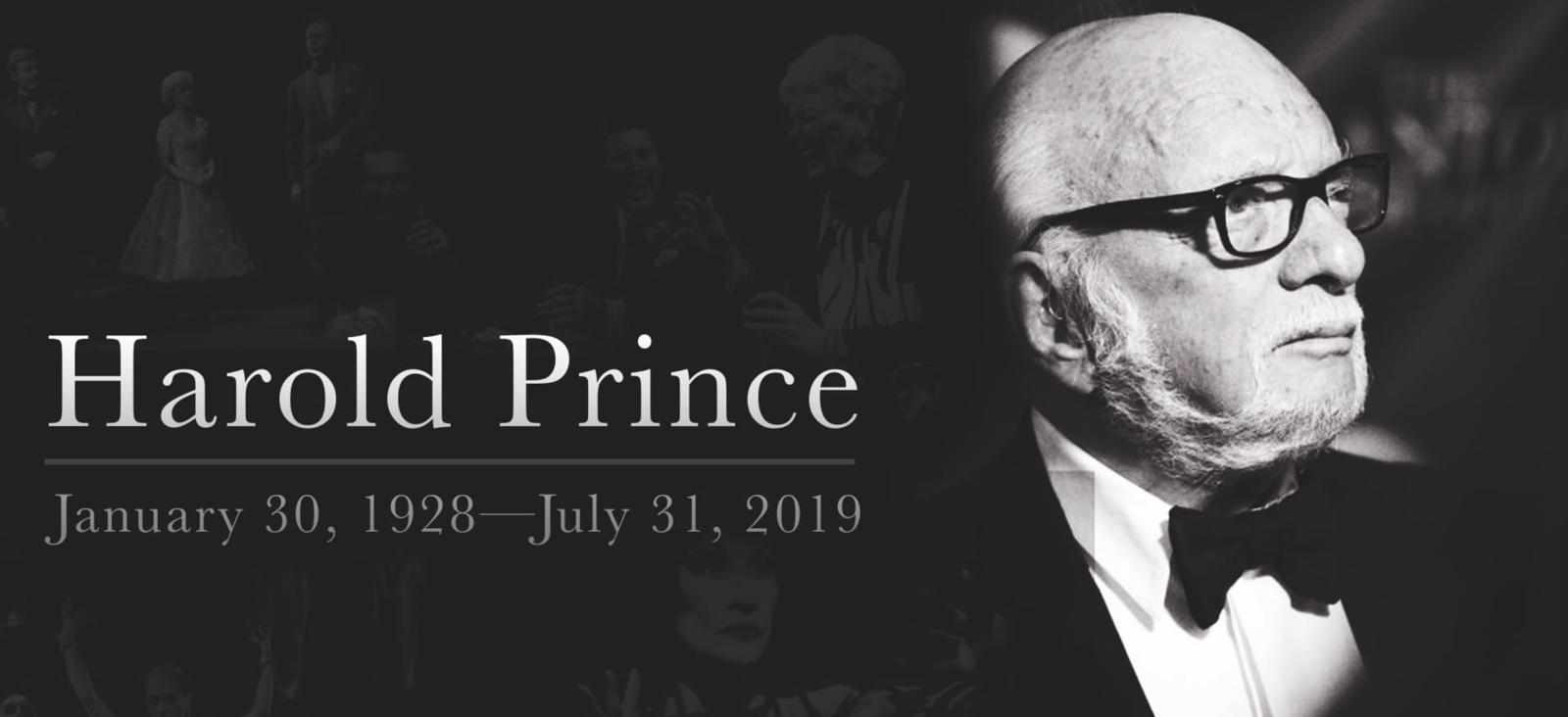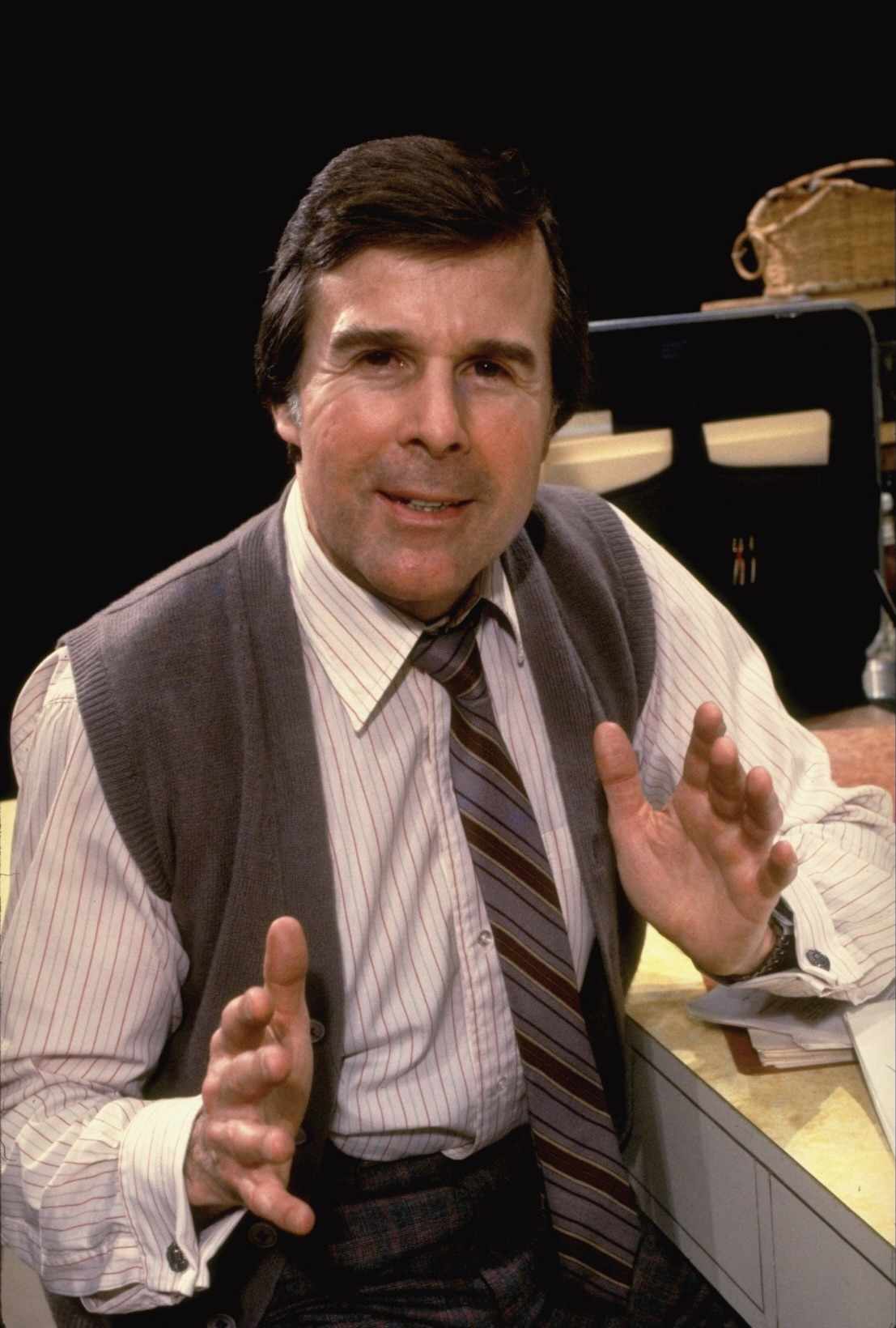
In March of 1953, on the opening night of a revival of George Bernard Shaw's Misalliance, the thirty-one-year-old Richard Kiley made an auspicious Broadway debut by dropping out of the sky of an aircraft and crashing through the roof of a conservatory. Theatrical immortality was to come a dozen years later when he created the role of Cervantes/Don Quixote in Man of La Mancha. The much in-demand actor (two Tonys and three Emmys) worked nearly non-stop for decades until his death in 1999 at the age of seventy-six. Here's his story in today's "Theatre Yesterday and Today."
Richard Paul Kiley was born March 31, 1922 on the South Side of Chicago to an Irish Catholic family and received a strict Catholic education. Taught by priests at Mt. Carmel High School, it was while in a production of Gilbert and Sullivan’s The Mikado (appearing with his classmate, the prolific comedian and songwriter Steve Allen) he became hooked on acting, but with no intention of devoting himself to musicals. "No singing at all," he told David Craig in the book On Performing. " I never really thought there was a buck in it. I thought it was something like... juggling or... some little thing you could do." Forever onward, in spite of awards and accolades, Kiley always considered himself an actor who sang. "I got into singing through the back door, through desperation. I needed work."
Kiley attended Loyola University in Chicago, but butted heads with someone he once described as "a particularly belligerent cleric." Forsaking college, he developed hands-on stage experience with theatre companies in Michigan, Philadelphia and New Jersey (those were the days) before being drafted into World War II. He served as a gunnery instructor in the US Navy from 1943 to 1946 and, upon his release, returned to the Midwest picking up odd jobs in radio as an announcer and acting in soap operas. Finally, he made the decision to head for New York "with $600 in my pocket and two suitcases."

Times were so hard he nearly gave up his dream of becoming an actor to attend Syracuse University and pursue a career in forestry. "This was a rough period," he later said in an interview. "I had gotten married, there was a baby on the way, and I had just about given up when I got a call from my agent. They were looking for an understudy for Anthony Quinn for the touring company of A Streetcar Named Desire." Kiley got the gig and stayed with the production for two years, eventually graduating to the role of Stanley Kowalski after Quinn's departure.
Before he made his Broadway debut in 1953, his time in New York was filled with employment in the then-burgeoning world of television, where he garnered experience in a variety of roles, all under the pressure of live performance. His first Broadway musical should have been A Month of Sundays, starring alongside Nancy Walker, but the show closed in early 1952 after poor reviews out of town in Boston and Philadelphia canceled it. Then, shortly after Misalliance closed, Kiley was cast in Kismet, the Tony Award winning Best Musical of 1953, in which he got to introduce "Stranger in Paradise," alongside Doretta Morrow. If you're as fond of this album as I am (I did it in high school so I wore it out learning the songs), you're treated to Kiley's tenor register for pretty much his one and only time. Not feeling up to the vocal demands of the singing (he's a natural baritone) he left the show a few months into its run. "The Caliph is not much of a part — not much there, other than having two or three of the greatest songs to sing."

In 1955, he made a memorable on screen foil as a teacher to an assortment of juvenile delinquents in Richard Brooks's hard-hitting The Blackboard Jungle, which was a significant box office hit and earned four Academy Award nominations. And earlier that year, Kiley scored in a live TV drama, Patterns, one of writer Rod Serling's earliest successes. In those days, tape wasn't used to preserve programs, but kinescopes were made, mostly for legal protection (filmed recordings of TV broadcasts). That is how Kiley in Patterns survives (I own it on DVD). Sadly, when a feature film was made a year later for theatrical release, Kiley was replaced with Van Heflin, a former Academy Award winner. It had to have hurt, since his TV co-stars Everett Sloane and Ed Begley, bigger names with a longer list of credits, got to repeat theirs.
By 1959, Kiley returned to Broadway in a new musical, Redhead, which won that year's Tony for Best Musical, as well as trophies for him and his co-star Gwen Verdon as Best Actor and Actress. Not a major contribution in the long term and extraordinary career of its director and choreographer Bob Fosse, Redhead does stand as the first one for which he took sole credit in both those disciplines. And with Verdon and Fosse already well into their status as musical theatre legends, Kiley was left intimidated at the prospect of meeting the recently married couple. "Gwen had seen me do a couple of plays, and Kismet, and she wanted me to play opposite her,” Kiley recalled to David Craig. “The part was really wrong for me. He was supposed to be a great big, barrel-chested strongman in the circus. I told my agent, 'If they want me, they want me. There are records they can listen to, and they've seen me in plays.' So, I went up to see them and finally, of course, after they said hello, someone said: 'Would you just sing. We haven't heard you do something that's kind of off-beat and light.'"
Deciding to just "wing it," Kiley asked the show's composer, Albert Hague, who was seated at the piano, if he knew "On the Sunny Side of the Street." And with that, Kiley launched into the old 1930s standard, only he kept forgetting the words. Luckily, an elegant, mature woman was in the room and kept throwing the lyrics to him. After he finished, he said "Wow! You're incredible! You must have total recall!" And she said, "With that one, I do. I wrote it."
It was Dorothy Fields, who was at the audition in her capacity as the lyricist for Redhead.

In 1962, Kiley's next Broadway musical found him opposite another wildly charismatic leading lady, Diahann Carroll. This was Richard Rodgers' No Strings, the first musical for which the great man wrote lyrics, after the death of his longtime partner Oscar Hammerstein II. For Kiley, it couldn't have been much fun to have had Carroll steal the reviews, win a Tony, and get to wear better clothes all evening (she played a fashion model), but he was a trouper about it all, remaining with it for a year. Kiley's next two musicals most likely left him further in the dumps: replacing Craig Stevens in the mediocre Here's Love, Meredith Willson's flat musical version of the classic Christmas film Miracle on 34th Street ("I'd just moved into a big house in Tuxedo Park and I was between jobs"), and as Sam the Shpieler, a Coney Island boardwalk barker (and straight man to comedian Buddy Hackett) in 1964's I Had a Ball, cited by theatre historian Ethan Mordden as having "left behind a cast album a notch above terrible."
It was at this point in his career, now past the age of forty, that Richard Kiley took an offer to go to the Goodspeed Opera House in East Hadham, Connecticut and play in two musicals over the summer of 1964. The offer came from the producer/director Albert Marre, who had not only cast him in his first musical, the out of town flop A Month of Sundays, but Kismet as well. In fact, he had also been the director of Misalliance, the show that had Kiley drop from the skies in his Broadway debut. That one of the musicals was something called Man of La Mancha left Kiley with an enormous debt of gratitude to Marre... and a story that needs its own column in order to do it justice.
Look for it tomorrow.
If you enjoy these columns, check out Up in the Cheap Seats: A Historical Memoir of Broadway, available at Amazon.com in hardcover, softcover and e-book. And please feel free to email me with comments or questions at Ron@ronfassler.org.





















Write a comment ...